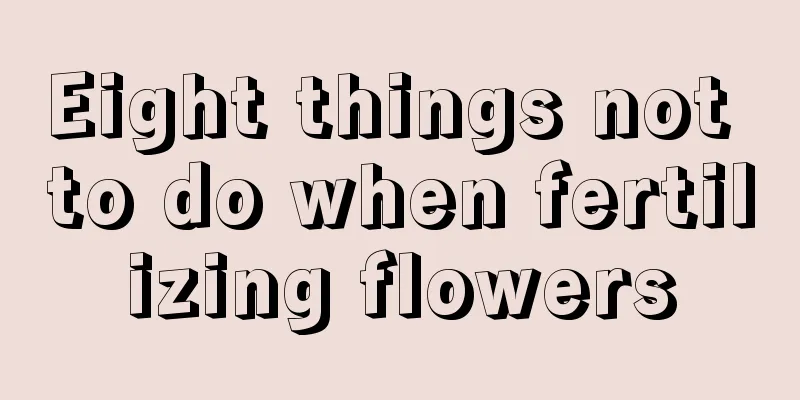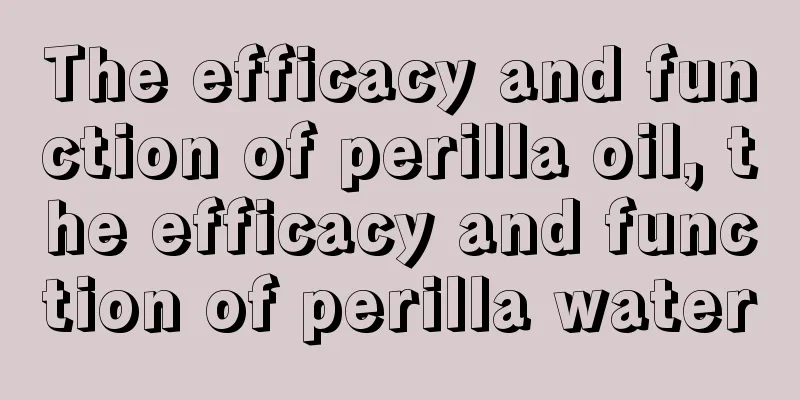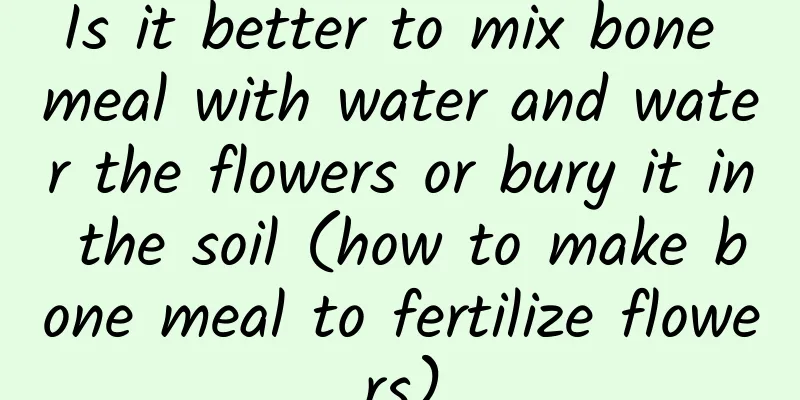Eight things not to do when fertilizing flowers

1. Do not apply fertilizer to newly planted plantsNewly planted plants have many wounds. If they are stimulated by the outside world, they cannot heal and will cause root rot. 2. No application during flowering periodFertilizing during the flowering period will cause buds, flowers and fruits to fall. 3. No application during dormancy periodFlowers stop or slow down their growth during the dormant period, have a slow metabolism and poor photosynthesis. If fertilizer is applied, the dormancy will be broken quickly, causing the plants to continue growing, which will consume more nutrients and affect flowering next year. 4. Do not apply fertilizer under the rootsAs flower plants continue to grow, their root systems also gradually expand accordingly. If fertilizer is applied under the roots, it will be detrimental to their full absorption and utilization. Therefore, depending on the growth of the plant, fertilizer should be applied in holes at an appropriate place away from the roots or at the edge of the pot to facilitate root absorption. 5. Do not apply concentrated fertilizerWhen fertilizing potted flowers, the concentration should not be too high or the amount should not be too large, otherwise they will die. Generally, we should follow the principle of "applying small amounts of fertilizer frequently", with three parts fertilizer and seven parts water being the most appropriate. 6. Do not apply raw fertilizerIf uncomposted fertilizer is applied, it will not only be easy to breed insects and maggots, often emitting foul odors and polluting the environment, but will also ferment when it comes into contact with water and damage the root system of the plant. 7. Apply more than just nitrogen fertilizerWhen fertilizing flowers, nitrogen, phosphorus and potassium should be used in combination. It is best to use cake fertilizer, manure, compost, chicken, duck and pigeon manure, bone meal, leaves, wood ash and other farmyard manure as the main fertilizers. If only nitrogen fertilizers are applied, it will easily cause the growth period of branches and leaves to be extended, flowering to be delayed or not occur, or the flowers to be small and light in color. 8. Do not apply fertilizer to sick and weak plantsSick and weak plants have thin branches, poor photosynthesis, slow metabolism, and are "unable to be replenished". If fertilizers are applied casually, it is easy to cause fertilizer damage. |
<<: The correct way to water Lithops
>>: What to do if Lithops grows too tall
Recommend
The main varieties of hemp
1. Yellow Leaf Hemp Yellow-leafed Dieffenbachia i...
What is the matter with dried clove leaves
1. Insufficient nutrients 1. Reason: Lilac has a ...
How to prune gardenias, gardenia pruning methods
1. Pinching and topping When gardenia first start...
How to make Oncidium bloom
1. Soil Oncidium likes loose, fertile and well-br...
What should I do if Bingmei succulent grows too tall?
What does Bingmei Succulent Growth Look Like Bing...
What is the best season to plant water spinach? When and how to plant water spinach
To plant water spinach, first choose a piece of r...
How to take care of the fortune tree best
1. Suitable temperature The money tree prefers a ...
Can I plant a peach tree outside my door?
Can I make a peach tree outside the door? Peach t...
Why are orchid leaves cracking?
1. External damage When people are caring for orc...
Which month is best for planting cantaloupe?
Muskmelon is widely grown in all provinces of my ...
What should I do if the tips of the leaves of Phoenix Bamboo turn yellow and dry?
Popular for its elegant posture and slender branc...
Can papaya seeds be planted?
Can papaya seeds be planted? Papaya seeds can be ...
How to grow crystal succulents well
Crystal succulent growing conditions Crystal succ...
Don’t wait until next year to grow these 6 kinds of flowers, grow them now, it will be too late!
Hibiscus Key to hibiscus care: pruning after flow...
When does wild kiwifruit ripen?
1. Maturity Time Wild kiwifruit grows in the wild...









